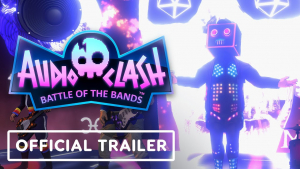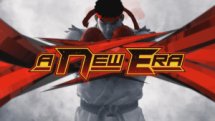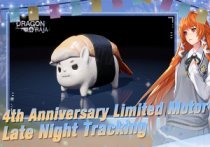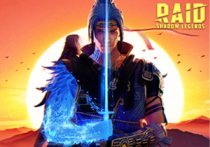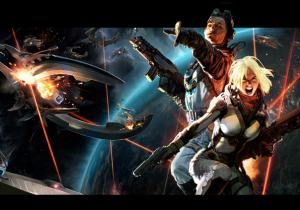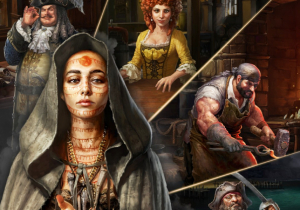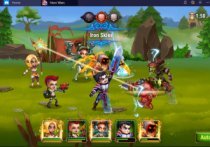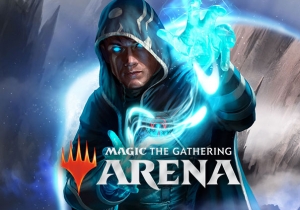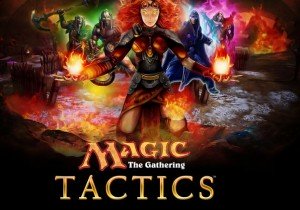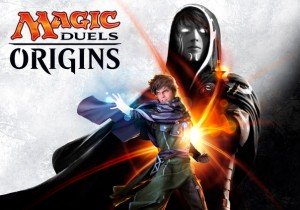Magic: the Gathering Arena – First Look
In the world of card games, as with many things in life, there’s only room for one at the top. In the physical space, that king has been, and will likely always be, Magic: The Gathering. In the digital realm, the current top dog is undeniably Hearthstone. Now that M:tG is stepping into the digital space with what is easily its most competent game yet, how will it stack up against the masses of card games that flood every inch of the internet?
It’s no secret that I’m a massive fan of Magic. I’ve been playing the physical card game since 1997, so I can’t tell you how thrilled I am that I got into the closed beta for MTG Arena. Wizards had done a right good job hyping up how much they’ve improved their rules engine and how their matchmaking and online tournaments were going to bring all the fun of playing in events at shops into your home. Normally, when a company hypes something up to the extent that some of the articles about the technical alpha hyped this game up, it’s helpful to take the info as it comes with 75 glasses of salt. I personally was worried that it would suffer from the problems that MTG Duels of the Planeswalkers or MTGO suffered. What I got when I got my hands on it though, was not what I expected.
Magic: The Gathering Arena is beyond any shadow of a doubt the most fun I’ve had with Magic, real or digital, in a long time. The game handles exactly how Magic is supposed to. Players take their turns in phases drawing cards, summoning creatures and casting spells, and relying on intricately constructed decks to bring their opponent’s life to 0 and win. Learning Magic can be a bit daunting for new players, but the game does a solid job of walking you through the steps of your turn and showing you all of your possible actions. Actually, this is an area where the game both succeeds and makes one of its few small missteps. The game moves through phases easily enough, but there is little on-screen indication of whose turn it is beyond a lightly glowing avatar, and the game doesn’t announce the phases of the turn on screen as it has in previous Magic games.
You can play in casual or ranked modes, and as of right now the game features only the sets that are legal in Standard play in real life. For those of you who may not know, competitive Magic play is done in different formats, with Standard being the primary one. In Standard Play, only the most resent six sets of cards are legal for use. They are also subject to a potential ban list, but this isn’t as common as it is with games like Yu-Gi-Oh.
Progression in the game works how you’d expect. You can win up to 3 packs per week just by winning matches. You also unlock gold for completing the quests and winning matches. Sometimes, after a certain number of wins, you’ll be given a random card in addition to your gold. This gold can be used to buy booster packs from any of the currently available sets.
One of the interesting mechanics that rises from this is the introduction of a Wildcard system. Any time you open a pack, you have a random chance to receive a Wildcard of any rarity in your pack. These can be redeemed on a one-to-one ratio for any card you want. This makes getting the cards you want from a certain set much easier and the burden of investing in packs much, much lighter.
The game does have its shortcomings though. Aside from some less than stellar UI notifications, the game’s matchmaking is in need of work. During my time with the game, I would frequently get matched with the same people multiple times in a session, sometimes back to back to back. This could be due to this being a closed beta; the number of people in the beta could just be small right now. We’ll only know how well the matchmaking holds up once the open beta phase begins and more people get their hands on the game.
Magic the Gathering Arena features a cash shop where players can spend real-world currency to purchase packs. The average cost of a pack is $1.33 US, which is roughly a third of what real Magic packs cost. Buying packs in bundles ensures you get a certain number of Wildcards with your purchase, so there are ways to get cards faster if you’re willing to drop cash. Despite this, cards are obtained very quickly through normal play without spending a dime thanks to systems like Arena mode, hefty gold rewards from quests, and the Vault.
Magic Arena deals with duplicates in a much different way than other digital card games. Once you have four of a given card, referred to as a playset, any duplicates will be converted into Vault progress. Opening packs, no matter how you got them, also increases Vault progress no matter what you get from them. Once your Vault has reached 100 percent, you’ll be able to open it and receive a set number of wildcards of varying rarity, including mythic rare. In this way, the game has been set up so that even if you don’t have hours to grind in the game, the time you do spend will be worthwhile and you’ll still be greatly rewarded.
The closed beta didn’t really offer anything unique or meaningful in the way of customization beyond your username, but avatars and other account cosmetics are expected to be added to the game at some point.
All in all, Magic the Gathering Arena is the online TCG I have been waiting for. It made me fall in love with playing Magic again. If you’re a fan of Magic in the slightest, you should head over to the game’s site and sign up for the beta. If you’re not, there’s never been a better time to learn.
Videos You May Enjoy
Articles You May Enjoy
- Torchlight Frontiers Becomes Torchlight III
- Torchlight Frontiers, the horizontal-progression MMO based off the Torchlight franchise, is taking a step back to its roots.
- Dungeon Link Releases New 'Adventure Time' Content
- GAMEVIL announced a new update for their puzzle RPG mobile title Dungeon Link, featuring Adventure Time.



